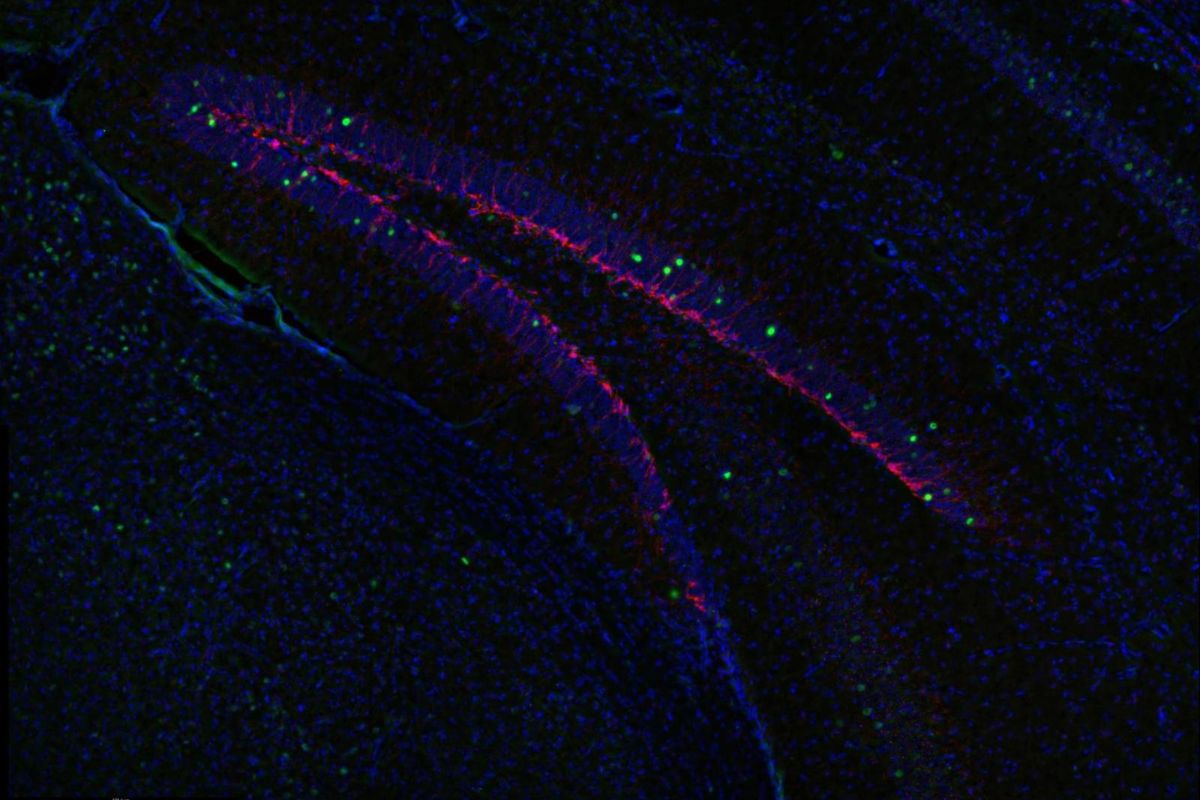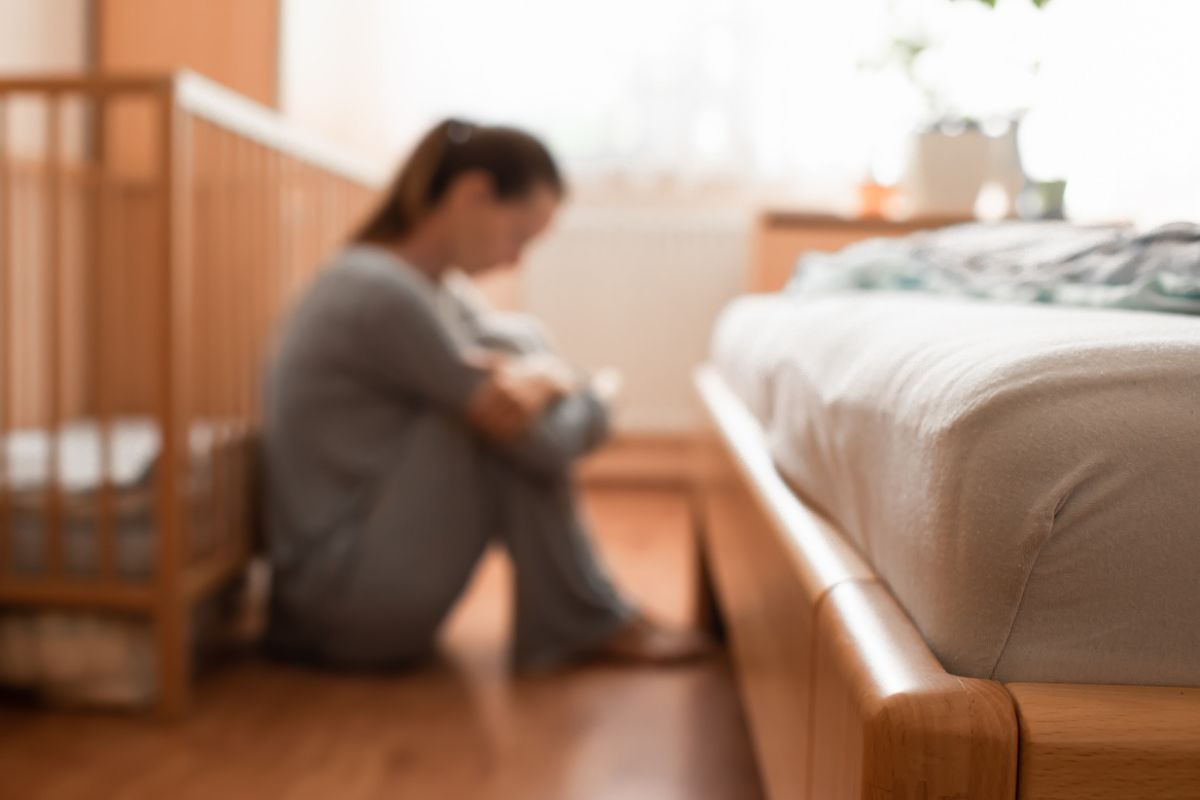For years, multiple studies have revealed a connection between hormonal contraceptives and higher depression risks – even if some researchers have quibbled over demographics. A new paper – appearing this week in JAMA Network Open – confirms that postpartum hormonal contraceptives could also dramatically drive up a woman’s risk of developing depression the first year after childbirth.
The research, conducted in Denmark and based on nationwide health data, looked at more than 610,000 first-time mothers. The study’s authors found that those who started on hormonal contraception postpartum were 1.49 times more likely to develop depression compared to those who didn’t.
Most Contraceptive Types Carry Higher Risks
The study, which tracked new mom between 1997 and 2022, examined the effects of several different hormonal contraceptives, including:
- Combined oral contraceptives (COCs),
- Combined nonoral contraceptives (CNOCs),
- Progestogen-only pills (POPs), and,
- Progestogen-only nonoral contraceptives (PNOCs).
The researchers discovered that COC and CNOC users had the highest associated risk of depression, with adjusted hazard ratios (AHRs) of 1.72 and 1.97, respectively. PNOC users also endured elevated risks, with an AHR of 1.40. The authors added that POP users boasted a lower risk early on, but that shot up later on in postpartum.
Additionally, the researchers also found that the sooner the participants started using COCs after giving birth, the higher their depression rates spiked. All of these results, the authors suggest, shows a potential vulnerability during the postpartum period when hormones are erratic and women face more intense psychological stressors.
Assessing the Impact on Postpartum Depression
Roughly 1.5% of first-time moms have to fight through postpartum depression at some point in the first 12 months after delivery. The results of this study raises questions about the historical medical practice of offering new moms hormonal contraceptives right after they give birth. In Denmark, for example, about 40% of new mothers begin using HC within the first year, a growing trend.
By going through prescription data and hospital diagnoses of depression, the authors deduced that the absolute risk of depression increased from 1.36% among non-HC users to 1.54% among those who started taking the contraceptives. This, they propose, suggests that while hormonal contraception certainly provides crucial pregnancy prevention, its potential psychological effects pose risks worth contemplating.
The university researchers also looked at how age helps shape the link between HC use and depression risk. They found that younger mothers – teens in particular – faced a higher risk of postpartum depression when using HC, with an AHR of 1.62. Women aged 20 to 29 had an AHR of 1.55, while those aged 30 and older had a slightly lower AHR of 1.35.
However, once the researchers adjusted for factors such as BMI, education, and nicotine use, the age-related differences appeared less pronounced.
Why Does Hormonal Contraception Impact Mental Health?
The authors offered up a few theories that they said could explain why hormonal contraceptives drive up postpartum depression risk.
For starters, they argued that the abrupt hormonal shifts following childbirth make women vulnerable to additional hormonal changes. This greater exposure exacerbates the risk of mood disorders.
Additionally, early postpartum users of hormonal contraceptives might represent a specific subgroup, such as non-breastfeeding mothers, which could play a part in shaping these trends.
Clinical and Policy Implications
The researchers conclude that postpartum contraceptive counseling should include a frank discussion about the potential mental health risks that accompany hormonal contraception. Women with a documented history of mood disorders, postpartum depression, or premenstrual dysphoric disorder could be at an even greater risk – making those conversations that much more important.
While this paper highlights a strong tie between postpartum HC use and depression, it doesn’t prove a direct causal relationship. Future research projects, they contend, should include randomized controlled trials, which would be essential to backing up these results.
It could also help health care workers pursue more informed alternative contraceptive options to curb unnecessary risks.
As doctors keep prescribing hormonal contraceptives, this research offers insight into how these medications can influence a new mom’s mental health at a particularly vulnerable time. Health professionals, the study’s authors conclude, should take these findings into consideration when advising new mothers on contraceptive choices.
Further Reading
Examining Symptom Clusters of Childbirth-Related Posttraumatic Stress Disorder



